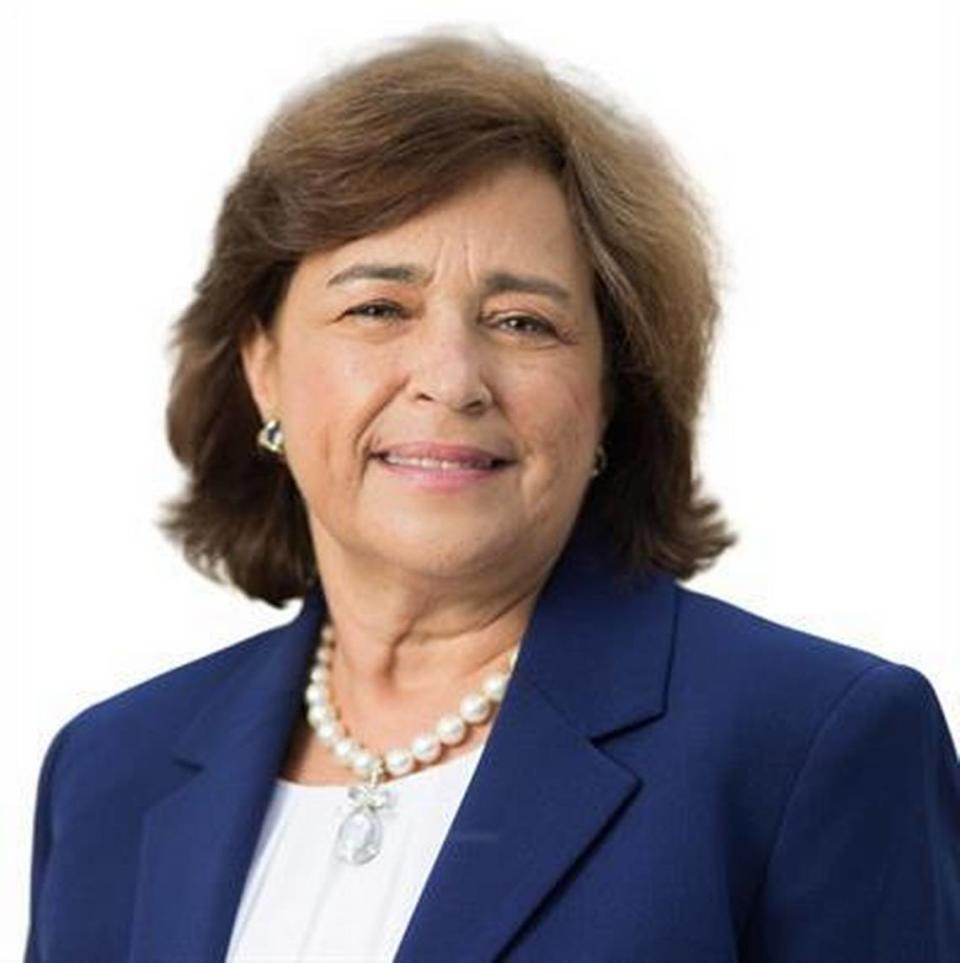Mothers around the world are trying to protect their children from danger | Opinion
Mother’s Day may be over in America but the struggle for mothers around the world continues.
According to the United Nations, 2023 is set to be one of the most challenging for women since the establishment of their gender agency, UN Women, because of the lasting impact of COVID, a food and energy crisis fueled by the war in Ukraine, and the large numbers of internally displaced and refugee women and children
Look at Ukraine. It is likely an undercount, but the U.N. estimates that, at least, 8,500 civilians have died in Ukraine since the country was invaded by Russia in February 2022. That includes many mothers who tried to protect children in civilian areas hit by Russia. As reported by a Russian human-rights organization on Telegram, Russian mercenaries have complied with kill orders on civilian areas known to house children as young as 5 years of age.
In addition to being displaced at home, many mothers have fled Ukraine to let their husbands fight — becoming the lion’s share of the 2 million refugees in Europe. It is estimated that in Poland, 90% of the displaced are women and children.
Outside Europe, women are struggling with civil war.
In Sudan, we are only beginning to understand the loss of life in this recent outbreak of violence in a renewed civil war between the Rapid Support Forces and the Sudanese army.
One story stands out: a radio profile of Nagwa Khalid Hamad, a wife and mother of four — an ophthalmologist in Khartoum, killed when a mortar exploded on her home. She was just living a peaceful life.
Some women have escaped Sudan only to find themselves in refugee camps in Africa and the Middle East. For women, a refugee camp presents a unique danger. They are at high risk of sexual violence, harassment and human trafficking. Women are often raped just going out to forage for food. Their children experience lives filled with ethnic tension, famine, climate change and terrorism.
Then there is Afghanistan, where the Taliban denies women their rights each day — depriving mothers and young girls of their freedom.
The United Nations has condemned the ban on Afghan women working for the U.N. in Afghanistan, which follows a pattern of the Afghan government banning women from working for any non-profit organization unless it is to treat Taliban men, medically.
There is the harrowing tale of two young Afghan women musicians escaping to Portugal from Kabul, featured in the Voice of America documentary “Symphony of Courage.” Farida and Zohra Ahmadi were the youngest and the last musicians to flee the Afghan National Institute of Music, the country’s only music school, and its acclaimed Zohra Orchestra, Afghanistan’s first all-female ensemble. Today, the voices of women artists in Afghanistan have been silenced.
The mothers and daughters of Iran are never far from my mind. News coverage of their protests have diminished but not their courage in the face of adversity and government crackdowns. Think of Masha Amini, who was arrested by the morality police last September for allegedly not complying with the mandatory dress code. She died in custody, sparking protests across the country. Her mother marches on without her daughter.
And here in America, we must do better for women and children.
There are 9 million kids in this country who are hungry. Soaring food prices affect all families, but the impact is felt, disproportionately, on women and children.
For women who need reproductive care, they are facing a complex web of restrictions after the Supreme Court took away access to abortion.
And we have women and children streaming across the border from Venezuela, El Salvador, Nicaragua and other countries, running from violence and war. I hope they find America to be the land of freedom, but it is getting harder for the United States to be a role model for women fleeing division and trauma.
When it comes to women and to Mother’s Day, we must do better on this day of celebration and sadness for women at home and abroad.
Tara D. Sonenshine was U.S. undersecretary of state for public diplomacy and public affairs. She is professor of practice at the Fletcher School of Law and Diplomacy at Tufts University.


